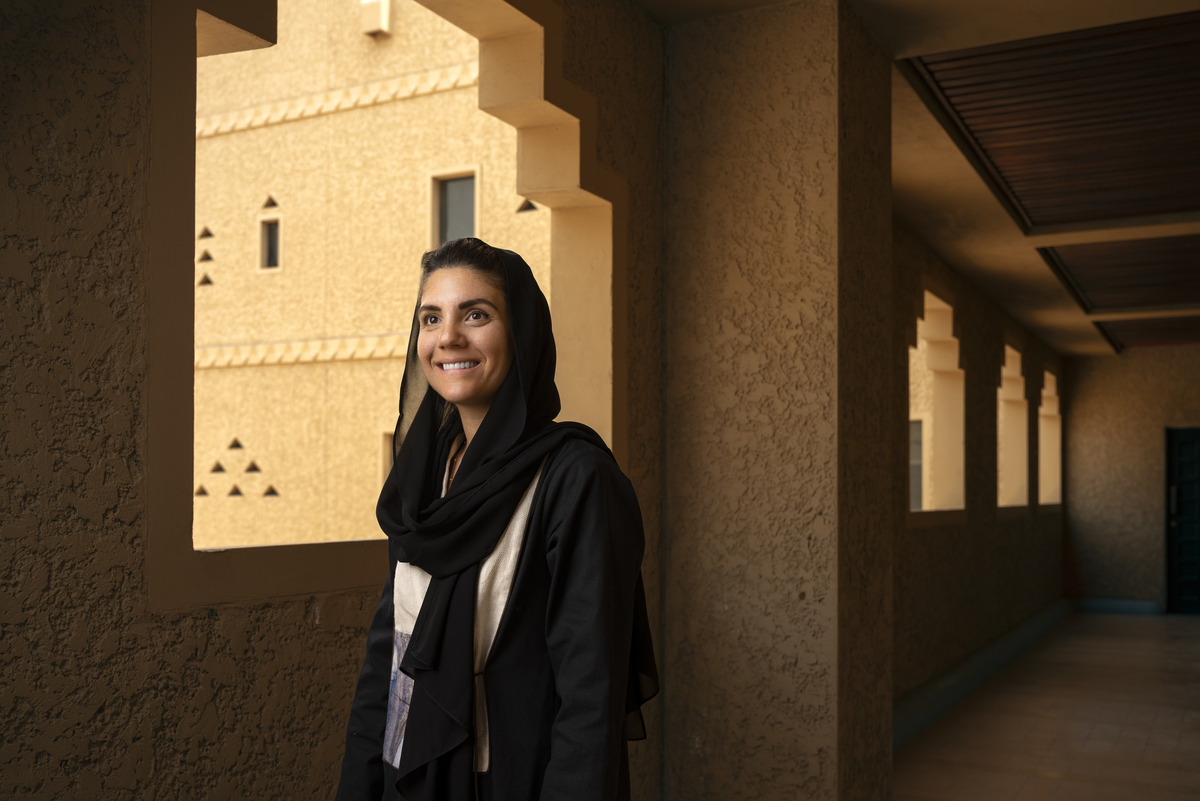Saudi Arabia, a land known for its vast heritage and diverse cultural tapestry, is now making significant strides in the culinary world. The evolution of Saudi culinary arts is poised to become a powerful tool to bridge cultures and showcase the nation’s identity on the global stage. Several factors are shaping this transformation, positioning Saudi cuisine as a new ambassador for Saudi culture.
At the heart of Saudi culinary arts lies a commitment to reviving and preserving traditional dishes. Efforts to document and highlight regional recipes ensure that the culinary heritage of the Kingdom is passed down through generations. Initiatives by the Saudi Culinary Arts Commission play a pivotal role in this endeavor, emphasizing the diverse flavors and techniques unique to each region. By preserving these traditions, Saudi Arabia not only maintains its cultural identity but also offers the world an authentic taste of its history and heritage.
The establishment of culinary schools and training programs such as the Culinary Arts Commission’s incubator “Kawn” and the upcoming Le Cordon Bleu Arabia will be instrumental in professionalizing the culinary arts sector in the Kingdom. These institutions will provide aspiring chefs with the skills and knowledge needed to excel in the culinary field. Programs that emphasize both traditional and contemporary cooking techniques ensure that Saudi chefs are well-equipped to innovate while staying true to their roots. The rise of Saudi culinary institutes fosters a new generation of chefs who can represent Saudi culture on international platforms.
Saudi Arabia’s growing focus on tourism as part of Vision 2030 includes a significant emphasis on culinary tourism. Visitors are invited to explore the Kingdom’s extensive gastronomic landscape, from bustling markets to fine dining establishments. Culinary tours and food festivals offer tourists a deep dive into Saudi culture through its cuisine. These experiences not only boost the local economy but also enhance Saudi Arabia’s cultural footprint globally, attracting food enthusiasts and cultural explorers alike.
The warmth and hospitality of the Saudi people are integral to this culinary journey. Saudi culture is renowned for its generosity and the welcoming nature of its people, which is deeply reflected in its culinary traditions. The act of sharing a meal is seen as a gesture of friendship and respect, embodying the essence of Saudi hospitality. This welcoming spirit not only enhances the dining experience for visitors but also leaves a lasting impression, fostering a deeper connection to Saudi culture.
Participation in international food festivals and collaborations with renowned chefs from around the world have given Saudi culinary arts a global platform. Events such as “Taste of London” in the U.K. and “Terra Madre Salone del Gusto” in Italy have showcased Saudi cuisine to international audiences, highlighting the Kingdom’s culinary innovations and traditional dishes. Such collaborations foster cultural exchange and position Saudi Arabia as a key player in the global culinary scene.
While preserving tradition is essential, innovation and modernization are equally important in the evolution of Saudi culinary arts. Contemporary chefs are experimenting with traditional ingredients, presenting them in new and exciting ways. This fusion of old and new not only attracts younger generations but also appeals to international palates. Modern dining establishments in Saudi Arabia are setting new standards, blending traditional hospitality with innovative culinary techniques.
The Saudi Culinary Arts Commission’s initiatives and support have been crucial in the development of Saudi culinary arts as a cultural ambassador. Vision 2030, the Kingdom’s ambitious blueprint for the future, places a strong emphasis on cultural exchange, including culinary arts. The Saudi Culinary Arts Commission’s efforts in organizing events, competitions, and educational programs are a testament to the commitment to elevating the status of Saudi cuisine. These initiatives not only enhance national pride but also position Saudi culinary arts as a symbol of cultural diplomacy.
The future of Saudi culinary arts as a new ambassador for Saudi culture is bright and promising. Through the revival of traditional dishes, culinary education, tourism, international collaboration, documentaries, innovation, and government support, Saudi Arabia is crafting a compelling narrative around its cuisine. As the world becomes more interconnected, the ability to share and celebrate cultural uniqueness through food will continue to be a powerful tool for fostering understanding and appreciation across borders. Saudi culinary arts, with their deep history and dynamic future, are poised to play a significant role in this global cultural exchange.
Mayada badr is CEO of the Culinary Arts Commission. She holds a bachelor’s degree in Design Management from Parsons School of Design, 2005, and a High Diploma in Culinary Arts and Pastry from the International School “Le Cordon Bleu” in Paris, 2009.
Mayada Badr is one of the leading Saudi names specialized in Culinary Arts. She received high training under the supervision of world-class chefs, and she has great expertise in the field as she founded Pink Camel, a high-end patisserie in Jeddah, and she is a partner in two other restaurants. Further, chef Mayada used to be a culinary consultant and represented the Kingdom of Saudi Arabia on many international occasions. Her scientific and academic career is also marked by great accomplishments.







